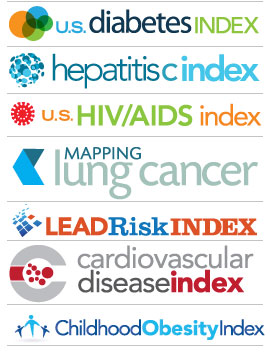ATVB in Focus Metabolic Syndrome and Insulin Resistance: Mechanisms and Consequences
Diabetes News Wednesday, August 22nd, 2012atvb.ahajournals.org: 9/1/12
Insulin resistance is a characteristic feature of obesity and type 2 diabetes mellitus and impacts the heart in various ways. Impaired insulin-mediated glucose uptake is a uniformly observed characteristic of the heart in these states, although changes in upstream kinase signaling are variable and dependent on the severity and duration of the associated obesity or diabetes mellitus. The understanding of the physiological and pathophysiological role of insulin resistance in the heart is evolving. To maintain its high energy demands, the heart is capable of using many metabolic substrates. Although insulin signaling may directly regulate cardiac metabolism, its main role is likely the regulation of substrate delivery from the periphery to the heart. In addition to promoting glucose uptake, insulin regulates long-chain fatty acid uptake, protein synthesis, and vascular function in the normal cardiovascular system. Read more

